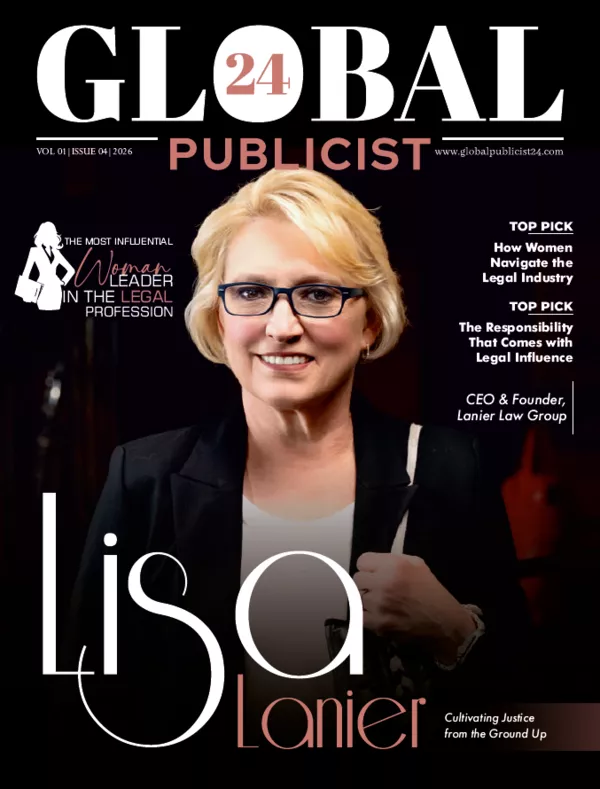Curious about contract for difference (CFD) trading? You are not alone.
Whether you’re a young investor or just want a new way to trade, CFDs might seem tricky at first.
Here is a breakdown in plain English, taking you from the basics to real-world effects on global finance.
Understanding CFD Trading
A contract for difference is a financial agreement between two parties, typically described as the buyer and the seller. At its heart, the CFD lets you speculate on the price movement of a wide range of assets.
Instead of buying the actual stock or commodity, you are just betting on whether its price will go up or down.
You can trade CFDs on:
- Stocks and shares
- Indices
- Forex pairs
- Commodities like gold or oil
When you enter a CFD, you agree to exchange the difference in that asset’s price from when you open the trade to when you close it.
If the price moves in your chosen direction, you profit. If it goes the other way, you lose.
This gives you flexibility but carries risks.
Why Are CFDs Popular Right Now?
CFD trading has gained major popularity for several reasons, especially among retail investors. Here are three key points:
- Low Barrier to Entry:You do not need to buy an entire share or commodity lot. CFDs are available with low minimums, making them accessible for new or smaller investors.
- Leverage:CFDs allow you to control a bigger position than your upfront payment. This can increase profits, but also magnify losses if the market turns against you.
- Flexibility:With a CFD, you can both ‘go long’ to profit from prices rising or ‘go short’ to profit from falling prices. This is attractive to those wanting to capitalize on both bull and bear markets.
The CFD Trading Landscape
Regulation: How Are CFDs Controlled?
CFDs have not always had the best reputation in every market. Some regulators worry about losses and risk to regular traders.
- In the UK and Europe, major financial authorities keep CFD brokers under tight rules that limit maximum leverage and require warnings about risk.
- In the United States, retail CFD trading is not allowed. However, institutions may trade certain contracts under strict rules.
- Australia and parts of Asia have unique local controls, but the global trend leans toward protecting traders.
Who Uses CFDs Today?
CFDs are no longer just for sophisticated institutional players. Plenty of retail investors use them for both speculation and hedging.
Many international trading sites, such as Axi CFD broker, offer user-friendly accounts, transparency on costs and tools to manage risk. Traders should compare such brokers carefully for security, range of markets and customer reviews.
How Are CFD Markets Changing the Game?
Hedging
Say you own shares in a tech company. Worried about a short-term drop? With a CFD, you can profit if the company’s price falls, balancing possible losses in your actual shares.
Speculation
Want to try a market such as oil or foreign exchange but do not have thousands to invest? CFDs let you speculate on price moves with a smaller capital outlay.
Fast Market Access
Crypto markets and global indices can move quickly. CFDs make it easier for retail traders to act fast, joining trends they might otherwise miss. In such cases, using a powerful trading robot can help execute trades instantly and reduce missed opportunities.
CFD Trading: Opportunity and Caution
CFD trading opens up fast, flexible access to global markets, appealing to those chasing both opportunity and risk.
Whether you are hedging, speculating, or just learning the ropes, success comes down to preparation and awareness.
Always choose reputable brokers, like Axi CFD broker, and know your risks before you decide to dive in. Trade smart and stay informed!












